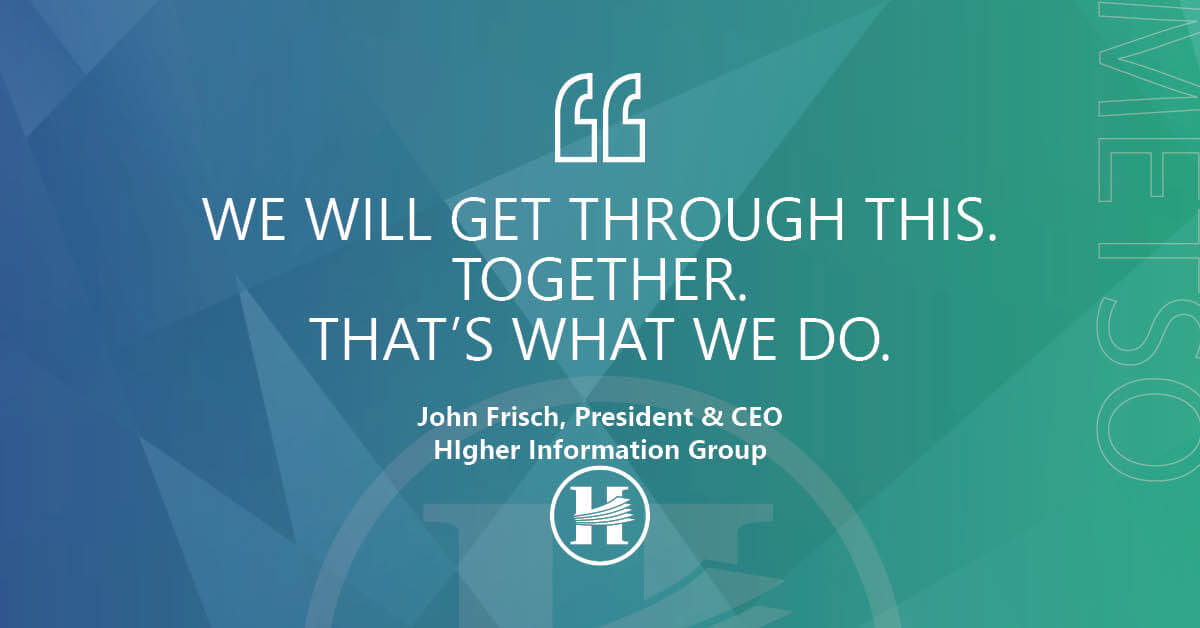What is Cloud Computing?
Let’s start with the basics. The cloud is a collection of hardware and software that gives users anytime, anywhere access via an internet connection. Nothing is stored locally on any device.
Advantages of the Cloud
Improving business efficiency with cloud services is one advantage. Your data infrastructure will be managed seamlessly by certified cloud providers instead of your own in-house IT department. With your IT team freed from this time-intensive role, they can focus on other projects.
Scalability is another benefit that not only improves business efficiency but can also result in significant cost savings. As your needs change, you can easily adapt by either adding or removing storage capability. The cloud’s subscription model means you’re paying only for what you’re using, and you’re not spending money to buy or decommission servers.
The last advantage we’ll touch on involves humans rather than hardware and software. Cloud-based file management allows for real-time collaboration among team members. Using the cloud means no more locally saved files and the headache of keeping track of different versions. Depending on your business and the size of your staff, the real-time collaboration benefit may be one of the more compelling reasons to choose local cloud solutions.
Types of Cloud Solutions
There are four types of cloud models: private, public, hybrid, and multi-cloud. A private cloud means that a single organization owns and maintains the cloud. A public cloud, on the other hand, is the responsibility of a third-party provider. The general public can access this web-based cloud at no charge or as a subscription. Amazon Warehouse Services (AWS), Google Cloud Platform (GCP), and Microsoft Azure are the top public cloud providers.
A hybrid cloud solution mixes private and public, operating in one infrastructure. Multicloud rounds out the different types of cloud arrangements. In this one, multiple public clouds are managed from one environment. The advantage is a wider range of possible services, with the downside being a higher degree of difficulty in managing the various providers.
If you’re a Philadelphia, PA-based business looking for local cloud solutions, contact the pros at HIG. If your goal is improving business efficiency with cloud services, we’re the right team to help you achieve it. From assessment through design, we’re with you every step of the way. Learn more by visiting our technology solutions page or email us to schedule an assessment.










